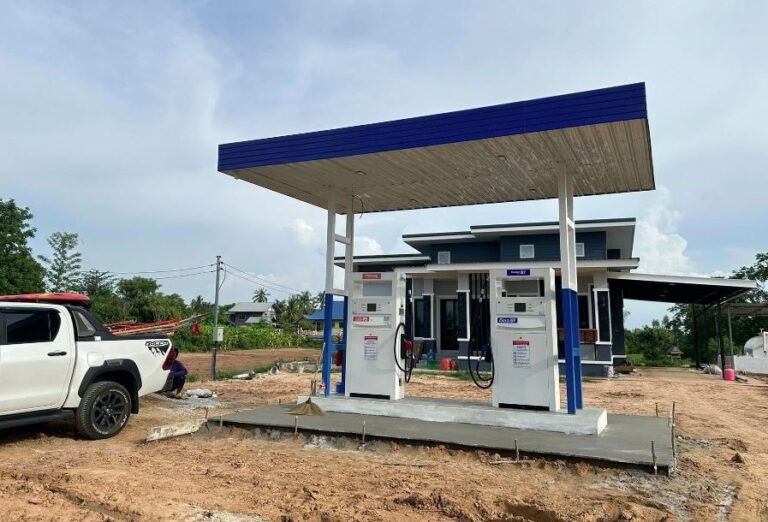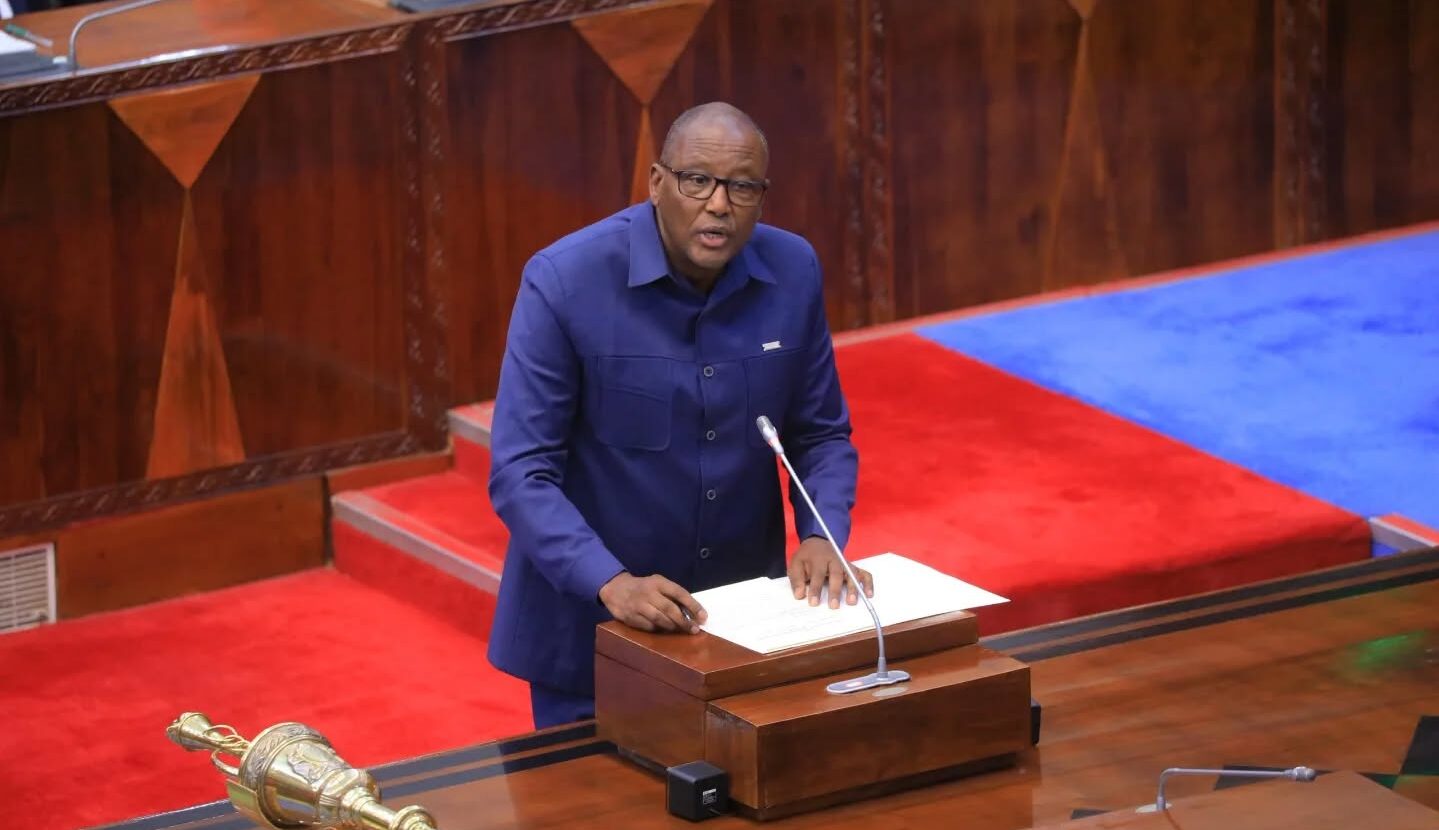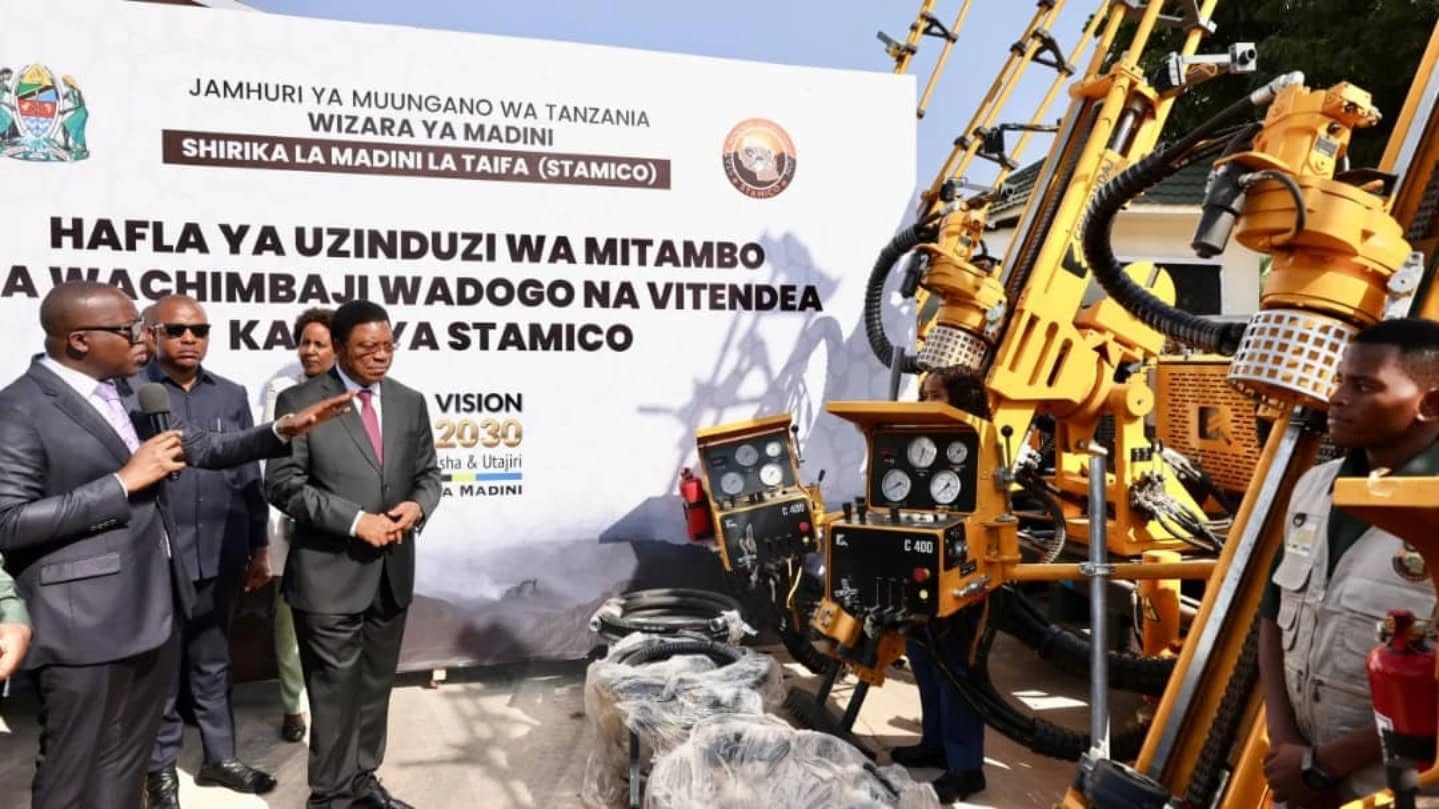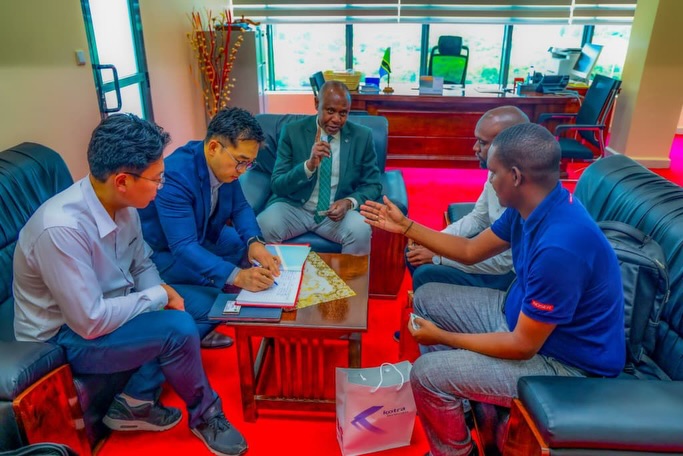Mwanza. The Energy and Water Utilities Regulatory Authority (Ewura) has emphasised the need for increased investment in fuel stations across rural areas, saying the move is critical to expanding access to energy services, promoting public safety, and addressing the widespread use of jerrycans for fuel storage.
Speaking at the ongoing Nane Nane Agricultural Exhibition at Nyamh’ongolo grounds in Ilemela District, Mwanza Region, Ewura’s Lake Zone Manager, Mr George Mhina, said the development of rural filling stations plays a key role in bringing services closer to the people while ensuring adherence to safety and regulatory standards.
Mr Mhina noted that the construction of rural fuel stations is comparatively less costly than in urban areas, adding that the government has relaxed some of the regulatory requirements to encourage investment in underserved regions.
“Previously, before President Samia Suluhu Hassan assumed office, the country had only 279 filling stations in rural areas. That number has now increased to 515, thanks to the deliberate easing of investment conditions and construction costs,” he said.
According to Mr Mhina, prospective investors in rural areas are not required to secure environmental clearance from the National Environment Management Council (NEMC) as is the case in urban locations.
Instead, a letter from the relevant district executive director confirming that the project site is located in a village and will not pose environmental threats is sufficient.
“An investor only needs to submit a village layout plan proving land ownership. We’ve done this to fast-track investments without compromising safety and environmental sustainability,” Mr Mhina added.
To further catalyse the construction of rural fuel stations, the government recently rolled out a special loan facility aimed at supporting individuals and businesses willing to invest in fuel retail infrastructure in remote areas.
The facility, launched in collaboration with financial institutions, offers concessional loans to qualified applicants in a bid to ensure equitable energy access across the country.
The ministry of Energy has on several occasions reiterated that reliable fuel supply in rural areas is essential for reducing transport costs, improving agricultural productivity, and supporting essential services such as health and education.
Mr Mhina called upon more private sector players to take advantage of the incentives in place and help bridge the infrastructure gap.
He reaffirmed Ewura’s commitment to working with investors and local authorities to ensure safe, sustainable, and affordable fuel distribution in rural Tanzania.







